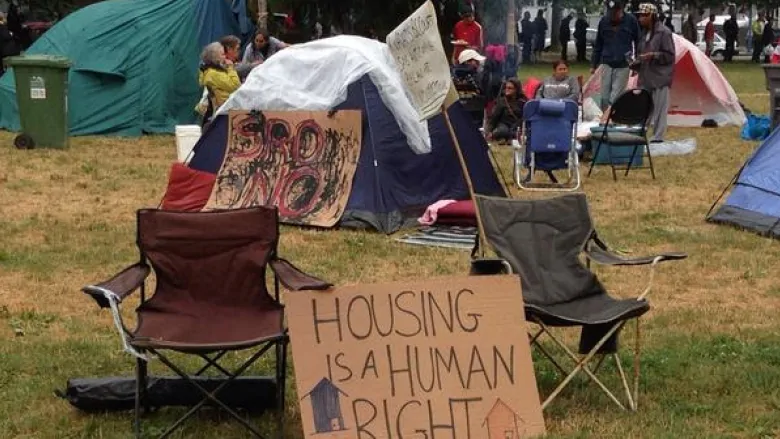WorkSafeBC has been ordered to investigate an Indigenous woman’s claim that she was traumatized by a ‘culturally unsafe or insensitive workplace’ as a City of Vancouver employee.

WorkSafeBC, a government agency that oversees workers’ health and safety in the province, has been ordered to investigate an Indigenous woman’s claim that she was traumatized by a “culturally unsafe or insensitive workplace” as a City of Vancouver employee.
The woman worked as an activity leader at Oppenheimer Park through a municipally run community centre from October 2018 to April 2019, when she went on leave after allegedly witnessing what she claimed were “multiple incidents of cultural insensitivity” and “dehumanizing treatment of homeless patrons living in tents.”
Although the woman said she wasn’t directly targeted, she claimed she was subject to numerous microaggressions and witnessed racism toward Indigenous people by co-workers, engineering department staff and police officers. Microaggression refers to intentional or unintentional comments or behaviour that disparage a culturally marginalized group.
Her claim for stress leave was originally denied, but a WorkSafeBC review officer said in a decision released last month that the woman’s claims were not adequately investigated.
“My co-workers’ and colleagues’ prejudicial attitudes show they had very little, if any, awareness of the historical reasons for the present-day grievances of Indigenous peoples in Canada,” the woman wrote in a statement quoted in the decision.
“My workplace has put me in the intolerable position of being a witness to racism, abuse of power and derogatory and dehumanizing comments in my workplace toward Indigenous people.”
‘It opens the door’
The review decision does not provide the name of the municipality or the employee, but the CBC was able to confirm through a friend of the woman that the alleged events took place in Vancouver.
Ritu Mahil, a labour and employment lawyer with Lawson Lundell LLP and former vice-chair of B.C.’s Labour Relations Board, said the case could prove significant — especially if WorkSafeBC ultimately accepts the woman’s claim.
“What it does is say that even though this worker didn’t claim that she was the direct recipient or the target of the comments or con

